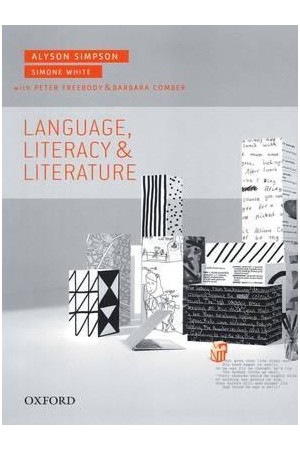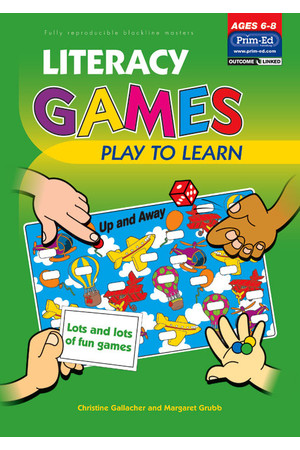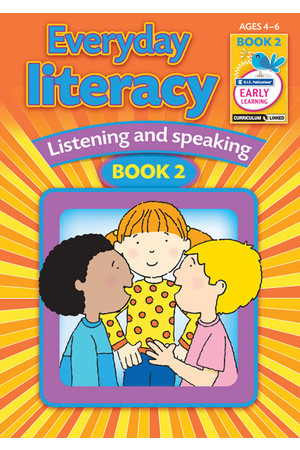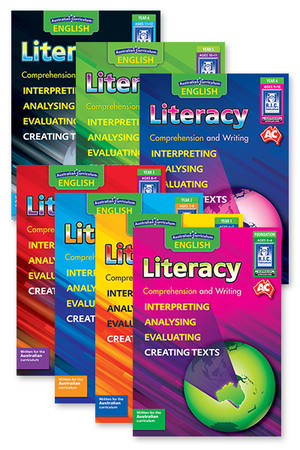Improving literacy for 10 million children

“If all children in low-income countries left school with basic reading skills, 171 million people could be lifted out of poverty.” – Room to Read
In 1998, then-Microsoft Executive John Wood went on a life-changing trip to Nepal that set in motion a vision to bring literacy to millions of children across Africa and Asia. Having encountered overwhelming poverty and lack of education, John returned home to collect books to start a library in one Nepalese school. Two years later, this one act of generosity evolved into Room to Read, a non-profit organisation that aims to improve literacy and empower children through the gift of lifelong learning.
It’s estimated that more than 60 million primary school aged children worldwide may never learn to read or write because of poor access to education. Having already reached 6.7 million children through their education initiatives, Room to Read aims to increase access to education for 10 million children by 2015.
What they do
Room to Read partner with local communities in Asia and Africa to impact two areas: literacy and gender equality in education.
Why literacy?
“Literacy is about empowerment. It increases awareness and influences the behavior of individuals, families and the communities. It improves communication skills, gives access to knowledge and builds the self-confidence and self-esteem needed to make decisions” – Koichiro Matsuura, UNESCO
On a global scale, one in five adults (776 million people) cannot read or write and two-thirds of these are women. Yet literacy is considered the foundation on which all further learning is built. Without the ability to read and write, people struggle to take part in the world around them, and are excluded from many activities that require reading and writing – on paper, a computer or mobile.
Why gender equality?
“A child born to a literate woman is twice as likely to survive past age five.” – Room to Read
It’s widely believed that one of the most effective ways to reduce global poverty is to educate women. Girls who finish secondary school in particular have significant positive ripple effects in the family and across generations. They understand their rights, recognise the importance of healthcare, have smaller healthier families, and are more likely to enter the workforce and encourage their children to be educated.
The potential for breaking the cycle of illiteracy and poverty in one generation has made closing the gender gap in education a development priority for the United Nations.
Why focus on Africa and Asia?
“85% of the world’s illiterate population, or 650 million people, reside in just 35 countries. Each of the 35 countries has a literacy rate of less than 50% or a population of more than 10 million people who cannot read or write.” – UNESCO
According to UNESCO, the lowest literacy rates are observed in sub-Saharan Africa and in South and West Asia.
How they do it
- Girls’ Education: providing academic support, mentoring and life skills training
- School Libraries: encouraging a love of reading by establishing libraries filled with books, games and brightly-coloured furniture
- Book Publishing: creating high-quality, age-appropriate children’s books in local languages
- School Construction: repairing and renovating existing schools, and constructing bright, safe, child-friendly classrooms
- Reading and Writing Instruction: partnering with Ministries of Education to fill the gap in existing curriculum by providing educational resources and teacher training
To date, Room to Read has established over 14,000 libraries and 1,500 schools, distributed more than 12 million books, educated upwards of 19,000 girls and delivered programs that benefited 7.8 million children.
What you can do
Visit Room to Read to find out how you can help in their mission to educate 10 million children - from running your own fundraising campaign to raising awareness at your school.
Resources:
- Room to Read Website
- Educator Resources and Classroom Materials
- UNESCO Adult and Youth Literacy Fact Sheet
- The Global Literacy Challenge Report
How Australian school children have helped
Together with Stubbies Schoolwear, students across Australia worked with Room to Read to support literacy in the developing world. All together, the Stubbies World Change Challenge raised US$20,000 to build a library in Cambodia!
Check out how these entrepreneurial students did their part and raised over US$500 in a single day.
Related Products
Leave a comment
Recent Blog Posts
- Boosting Your Child's Reading Skills: Easy Intervention Strategies
- Cultivate Growth Mindset: Nurturing the Power of Effort and Perseverance
- Gamify Learning: Ignite Engagement and Motivation with Interactive Games
- Top 10 Tips for Exploring Science at Home
- Enhance Your Child's Maths Skills with Teacher Superstore's Maths Resources: A Guide for Parents
- Integrate Technology: Transforming Classrooms with Digital Tools
- Homework Help 101: Effective Tips for Parents
- Use Formative Assessments: Guiding the Student Learning Journey Through Timely Feedback
- Creating a Positive Learning Environment at Home: Tips for Parents
- Embrace Project-Based Learning: Unleashing Student Potential in a Real-World Context
View All Posts
General
Help Topics
- Browsing and Buying
- Member Benefits
- Shipping and Delivery
- International Shipping
- Payment and Billing
- Returns Policy
Legal
View All Posts





